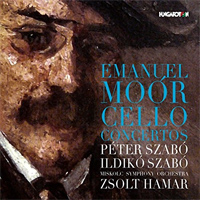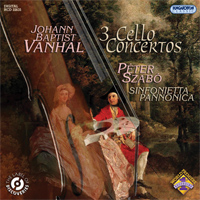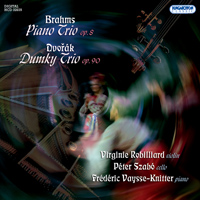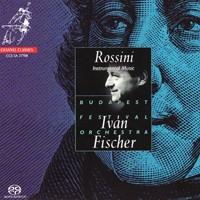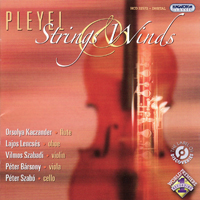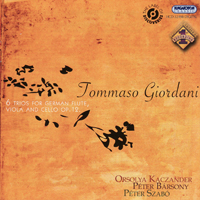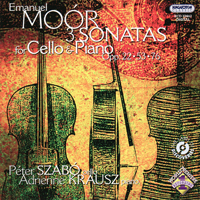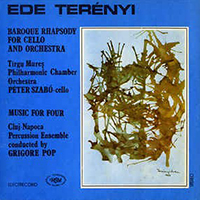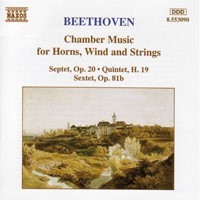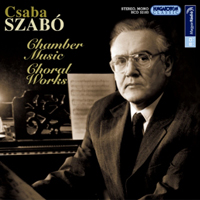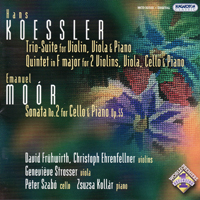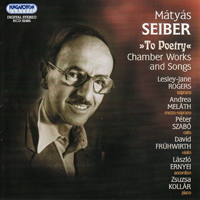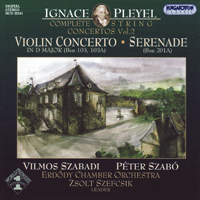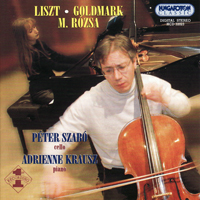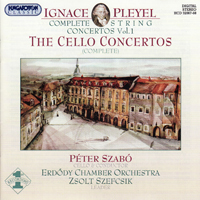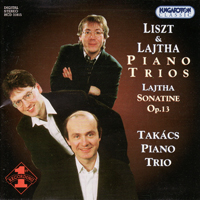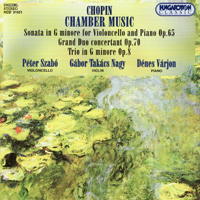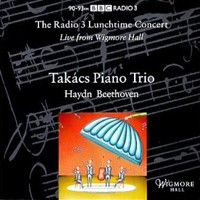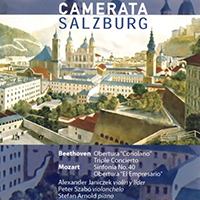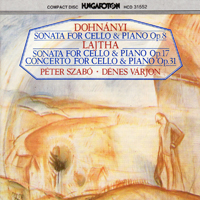GIORDANI: Flute Trios, op 12
Orsolya Kaczander, fl; Peter Borsony, va, Peter Szabo, vc.Hungaroton 32498.68 minutes
Many musicians I know, especially academics, have an annoying habit: they are unwilling to admit they do not know a composer, no matter how obscure, and have a certain kind of sadistic pride in their knowledge. They tend to bait reluctant victims into conversation, and when the prey admits not knowing the composer, piece, genre, etc., they respond with a sly smirk and a melodramatic sigh, implying that you are barely certifiable as a professional, especially in comparison to their vast wisdom and knowledge. Here is a trick: turn it right back around and cite your favorite little-known piece of music, and when they are forced to admit they don.t know it, put on the same routine. We all need to be reminded that it is a huge universe, and nobody can know everything.
This has only backfired on me once: a well-known critic who used to write for a major daily tried the .how can you not know about X. on me, and when I turned it around, he said, .Well, if I don.t know it, it surely can.t be that good..
This is all a long wind up to my admission that I did not know anything about Tommaso Giordani (1733-1806) before I heard this recording. His story is, in fact, quite fascinating. Italian born, he spent most of his career in England and Ireland composing popular operas. He was even forced to flee Dublin in a plagiarism dispute.truly a feat in an era when composers borrowed liberally from every possible source and publishers slapped marketable names on just about anything for the sake of profit. He wrote these trios in London in 1775-76, probably for the strong amateur market or for his students. If you are looking for demanding, meaty chamber music, this is not for you. This is not to say they are weak pieces; I found them quite enjoyable, if a bit cloying sometimes. Giordani had a nice sense of compositional balance, and while he may not rival Mozart or Haydn, he still knew what he was doing and his music deserves attention.
The performers are exceptional. They play this music with grace and humor. I especially enjoyed hearing the beautiful tone of Kaczander .s 2006 Abell wood flute. She plays with just the right amount of finesse and expressivity for this music. Flutists should study this sound as a reasonable alternative to the bombastic, heavy sound we tend to use in all styles of music.
CHAFFEE
American Record Guide
September 2008


